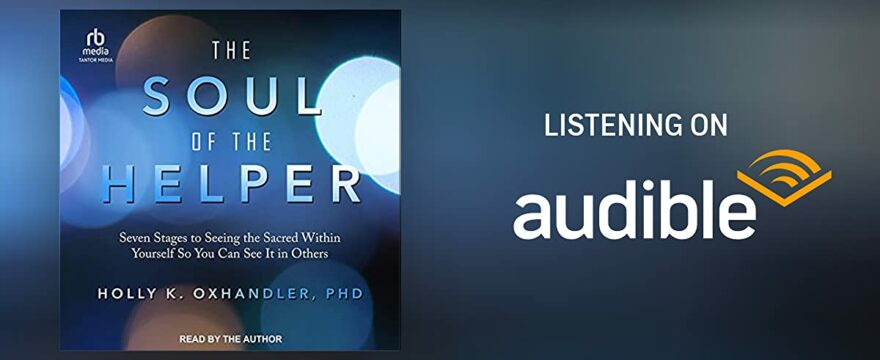[This article is part of a series of books we have reviewed over the years. Click the link to check out all the other books we’ve reviewed here.]
This website is dedicated to talking about the intersection of Christianity and mental health. Our hope is in identifying how the Church can go to serve those with mental illness as well as their families and clinical counselors can integrate Christian theology and practice into the counseling session with their clients. The book Anatomy of the Soul by Curt Thompson may be a bit more niche as he looks at the intersection of neuroscience and faith.
[Read more…] about Anatomy of the Soul [Book Review]









